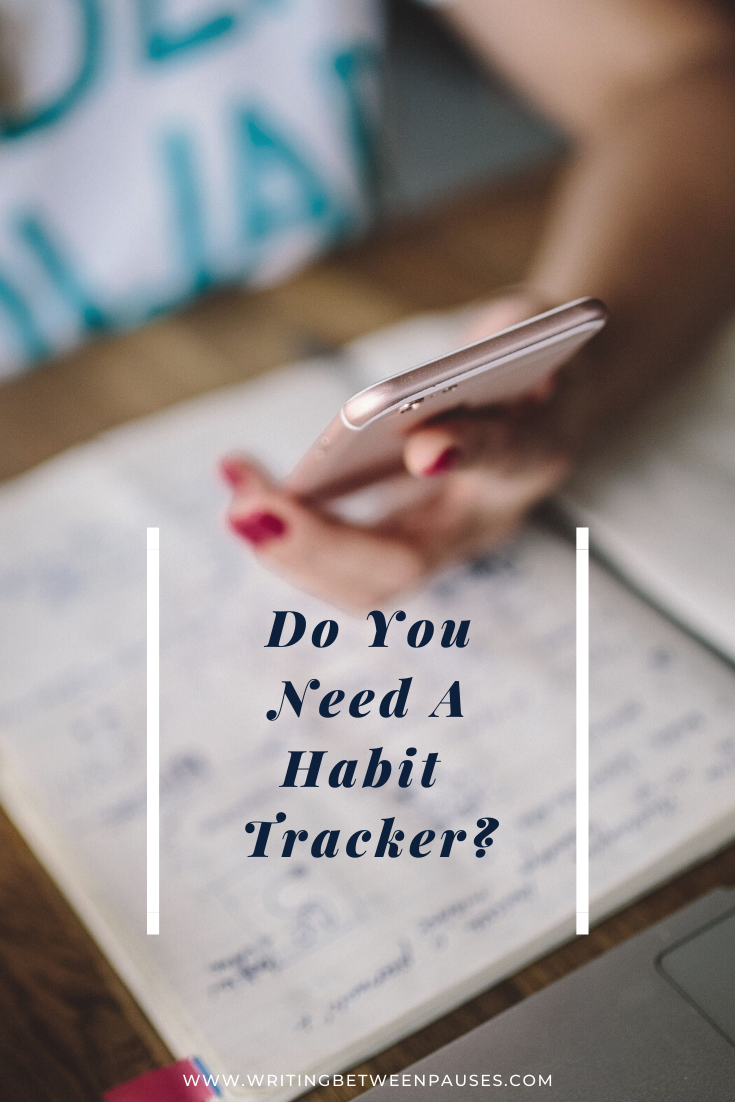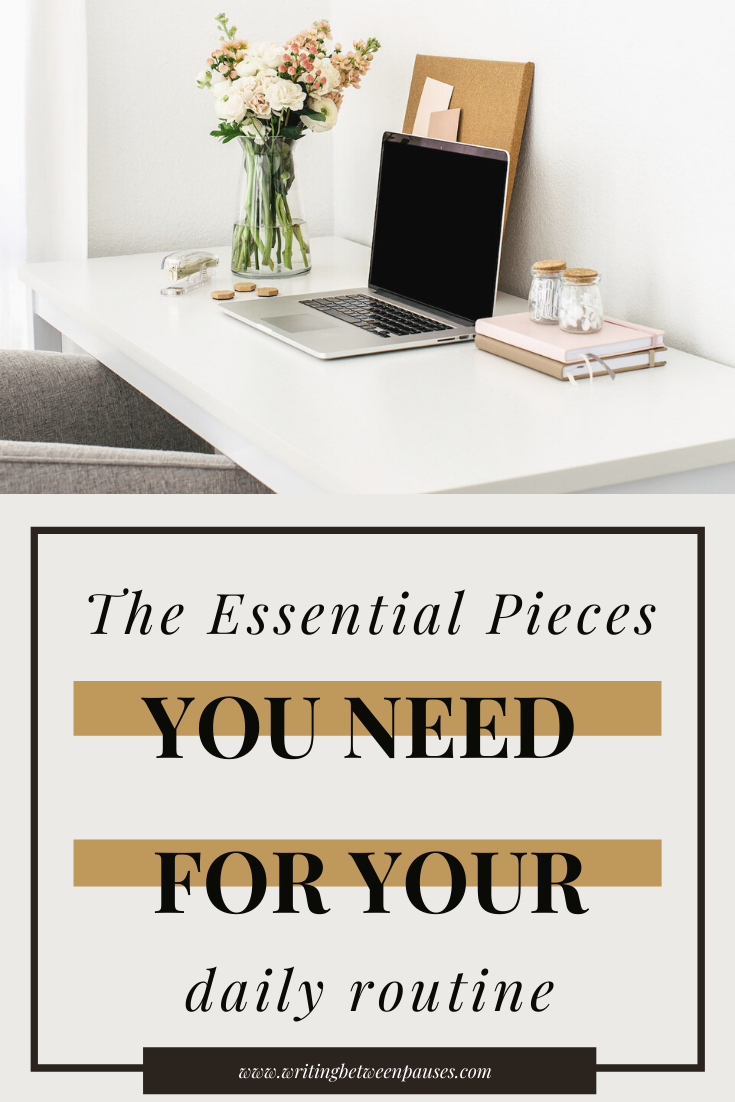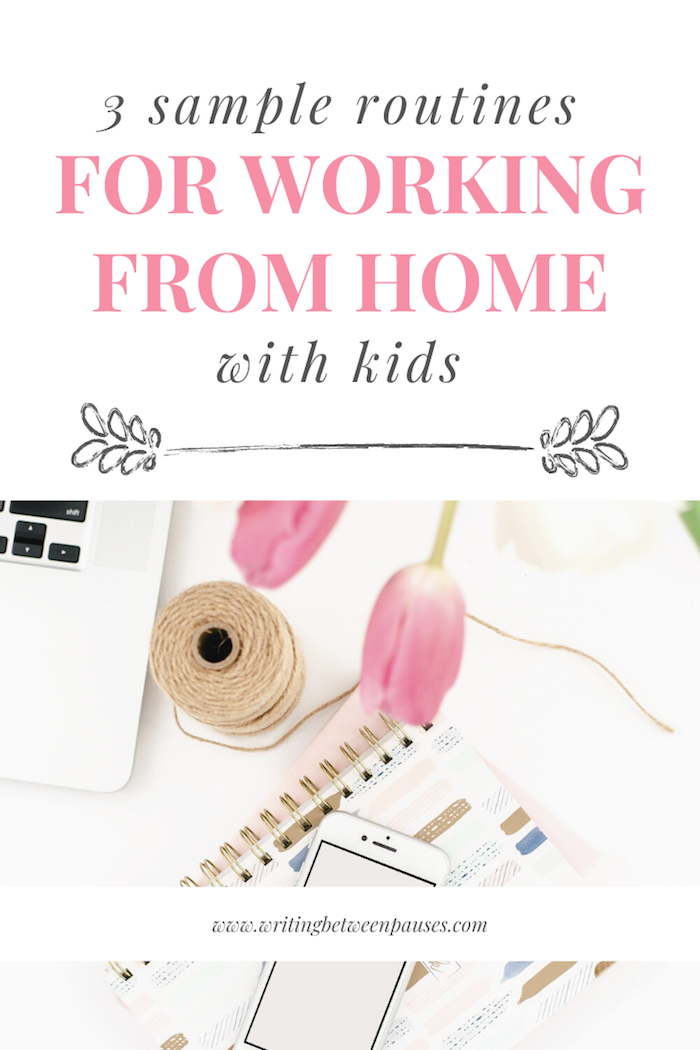It feels like habit trackers are everywhere.
Back when I first started bullet journaling, I had never seen a habit tracker before. Now, they’re everywhere. Doodle in the edge of bujo layouts, printed in planners, on apps you can download on your phone.
Search for habit trackers on Google and you get thousands of results.
There are free printables and planners, cheap habit tracker planners you can buy in Walmart (I have one!) and so many more.
Habit trackers are everywhere.
But do you need one? How effective are they really? Let’s break it down.
What is a habit tracker?
The idea of habit trackers is this: you have a goal —> you break that goal down into month-by-month steps —> you set daily habits that contribute to those monthly goals (which add up to your larger goal).
Here’s an example. You want to reduce your resting heart rate over the next year. You set month-by-month goals of increasing your average number of steps (being more active) and using your standing desk more. Here are a few habits you might track:
Drinking enough water
Taking breaks to walk around
Doing short workouts
Other examples might be self-care focused, like taking your medication everyday, doing de-stress rituals, and making time for yourself.
You can use all kinds of habit trackers. As I mentioned, there are tons out there! You can buy habit tracker planners, draw them yourself in your bullet journal or existing planner, and even download apps. There are lots of ways to make habit trackers a part of your life and daily routine. But here’s the question: do they really do anything?
Do habit trackers really help?
It took me a long time to come around on habit trackers. I really didn’t like them to start with. I found them a little fussy and they stressed me out; if I wasn’t able to check those boxes (and for my loftier goals, sometimes it just wasn’t possible!) I found myself getting upset.
However, I think there are ways to make habit trackers work for you. Not everyone is going to want to meet the same habits. I don’t want to drink 8 bottles of water a day (I know, I know, but also, that’s so much water), nor do I want to exercise everyday. There are things i want to do everyday, like make my bed, wipe down the counters in my kitchen, and write for 20 minutes. So I track those habits, because they mean something to me and by using a habit tracker, I’m able to see just how good my routine is getting.
The question is: are habit trackers right for you?
Here are a few things to consider:
Use a habit tracker that works for you. My husband uses an app on his phone to remind himself to take breaks every 2 hours while he works, drink enough water, and take his medication. I use a habit tracker planner to help me keep control of my house to do list and daily habits. Different methods, same idea.
Pick habits that mean something to you. If you browse bujo layouts everywhere, you’ll see a ton of habit trackers that track water intake, sleep… you get the drill. Sometimes, I find bullet journaling to be a little esoteric; the fancy charts that track sleep and mood and habits… it’s a little overwhelming and while I love data, I don’t necessarily want to quantify every aspect of my life into a chart. So my advice is: pick habits that are meaningful to you and as many (or as few) of them as you want.
Don’t let yourself get overwhelmed. If you find tracking your habits makes you stressed out or super irritable—then it’s not for you! Don’t put it in your bujo, return the planner (or give it to a friend), delete the app, whatever. If it doesn’t work for you, it doesn’t work for you and that’s ok.
Do you use a habit tracker? Do you like it? Let me know in the comments!






